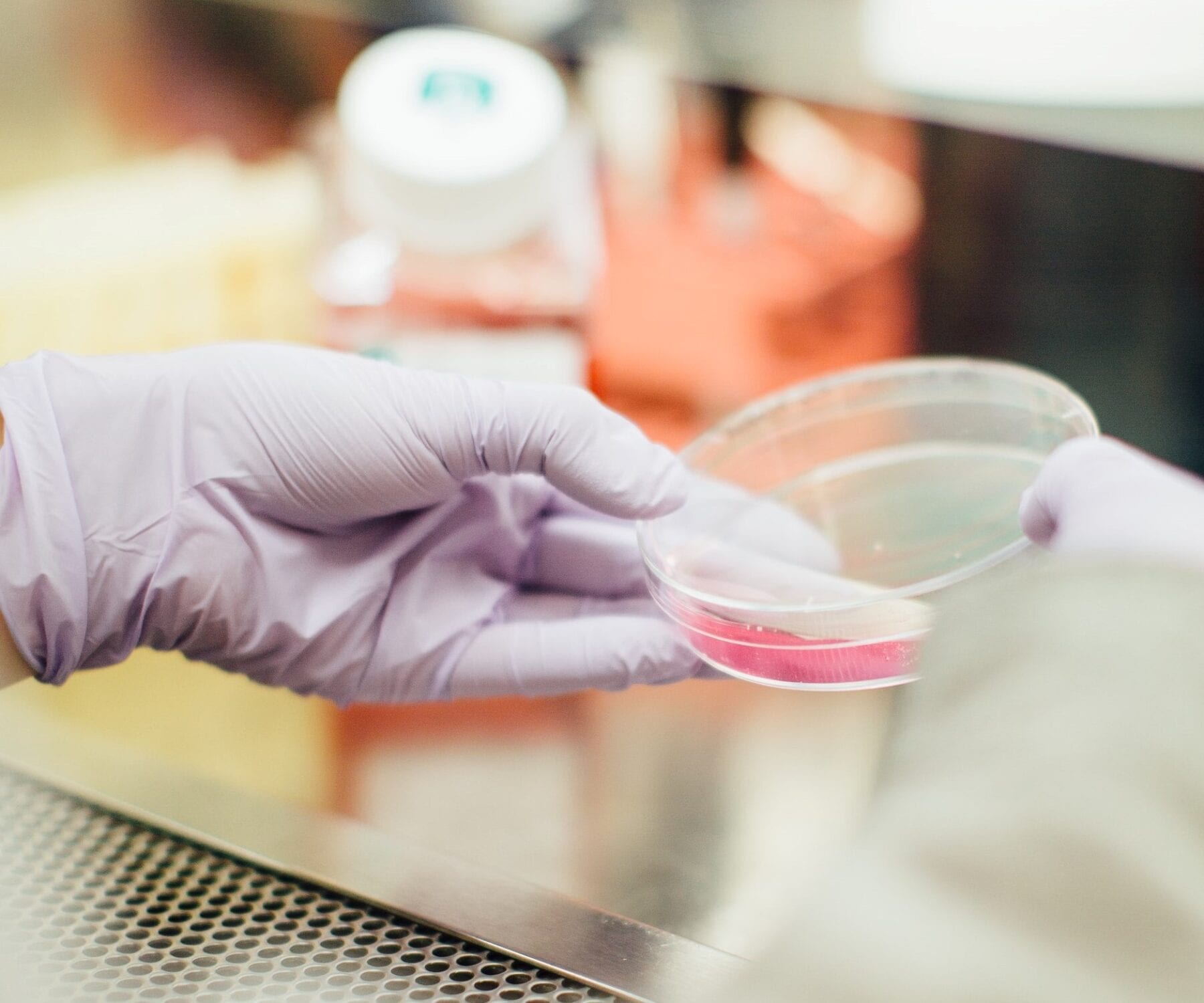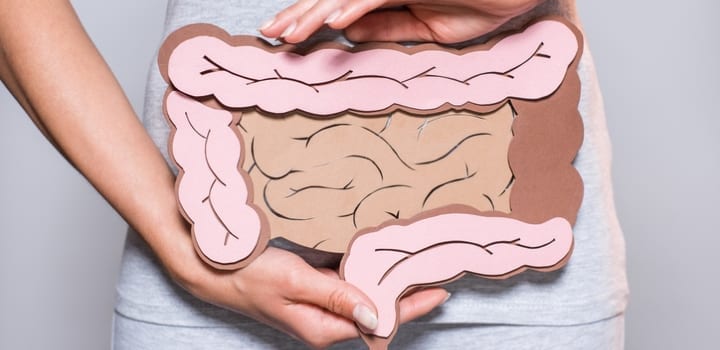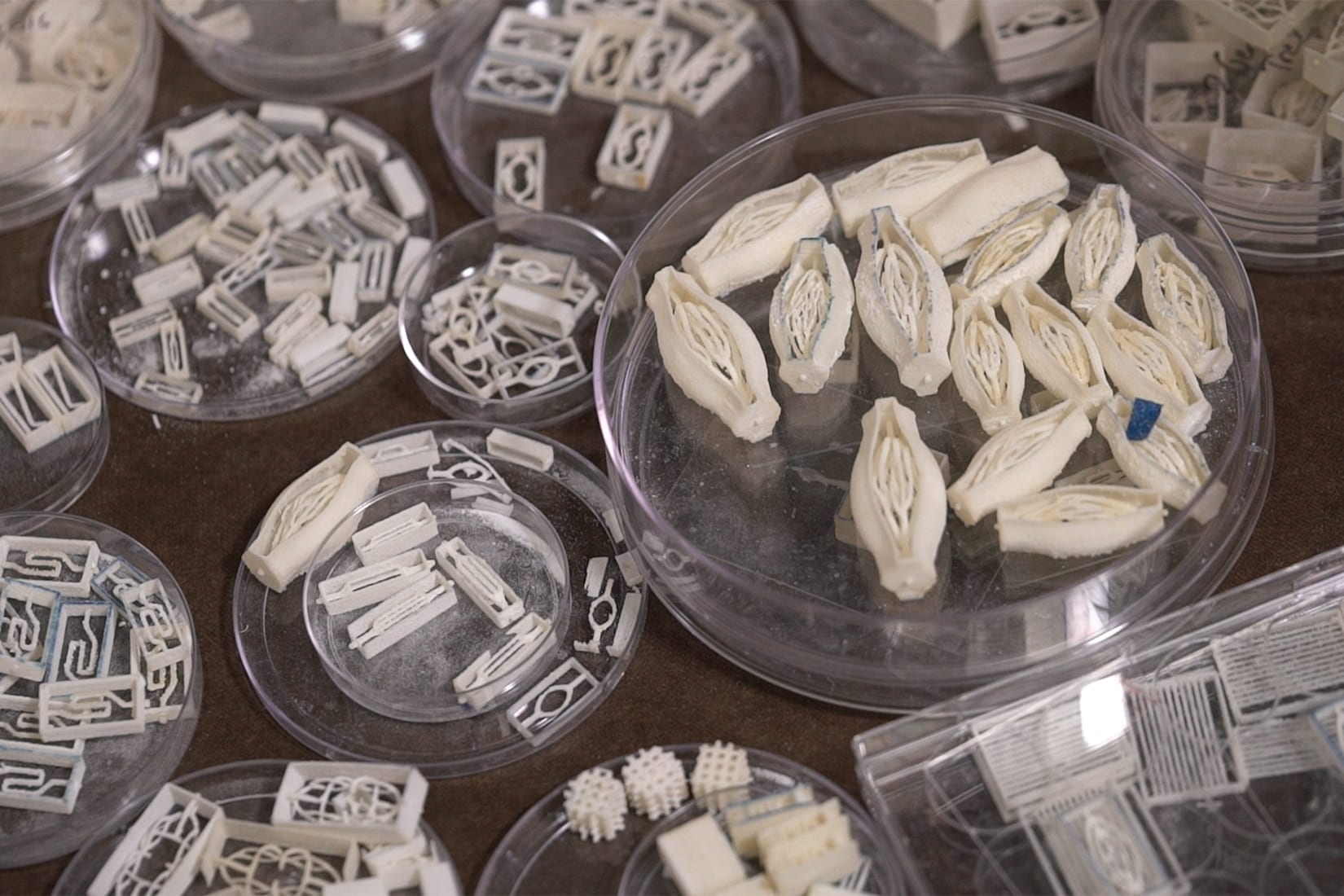
Faecal microbial transplantation (FMT) was pioneered as a licenced medicine by Professor Hawkey and his team at the University of Birmingham
An innovative treatment for patients with Clostridium difficile infection (CDI) which uses transplanted gut bacteria to treat the infection, is a more effective and more cost-efficient treatment than using antibiotics, a new UK study has found.
CDI is an infection of the bowel, which commonly affects people who have recently been treated in hospital, those with underlying conditions and patients over 65. Almost 30 per cent of patients treated for the condition experience at least one recurrence. A recurrence of the condition, has been associated with a higher risk of mortality and is usually treated using antibiotics.
Faecal microbial transplantation (FMT), a treatment pioneered as a licenced medicine by Professor Peter Hawkey and his team at the University of Birmingham, is a method where gut bacteria and other components in faeces are used to treat CDI. The bacteria is taken from a screened healthy donor, processed and screened before being transplanted via a tube passed through the nose into the stomach. Treatment with FMT is associated with higher cure and lower recurrence rates than fidaxomicin or vancomycin- the two most common antibiotics used to treat recurrent CDI (rCDI).
The study, which presents the first decision model for patients with rCDI already hospitalised in the UK, analysed randomised controlled trials, observational studies and expert opinion from the UK, on patients with single or multiple rCDI. Researchers analysed the cost of each of the four treatment options for rCDI for treatment effects, unit costs, resource and health related quality of life to identify which treatment was the most cost-effective and offered the best outcome for patients.
The study showed that both methods for administering FMT were lower in cost compared to standard treatment with antibiotics. FMT via naso-gastric tube was the least costly, with a mean cost of £8,877 per patient, while FMT via colonoscopy was £11,716 per patient. FMT via colonoscopy was also shown to be slightly more effective than treatment via naso-gastric tube, offering patients a higher quality of life. Two other standard antibiotic treatments vancomycin and fidaxomicin were compared in the model but both these treatments were shown to be more costly and less effective than either of the FMT interventions. Moreover, Vancomycin was the most expensive and the least effective treatment.
Professor Peter Hawkey, formerly of the University of Birmingham said, “We at the University of Birmingham pioneered this treatment as the UK’s first third party FMT service. FMT is not currently a widespread treatment for this disease but by showing that it not only saves lives, but is also significantly more cost effective, we hope that this could be one of the first steps towards the treatment being accepted more widely.”
The Latest Updates from Bing News & Google News
Go deeper with Bing News on:
Clostridium difficile infection
- ACXP Acurx Pharmaceuticals, Inc.
a novel mechanism of action that targets the polymerase IIIC enzyme that is in Phase 2b clinical trial to treat patients with clostridium difficile infections. It also develops ACX-375C ...
- Vancomycin May Be Losing Strength Against Common Deadly Infection
Clostridioides difficile (C. difficile) is a leading cause of illness and death, especially for frail and hospitalize ...
- University of Houston: Treatment for Deadly Superbug C. Diff May Be Weakening
The antibiotic vancomycin, recommended as first-line treatment for infection caused by the deadly superbug C. difficile (C. diff), may not be living up to its promise, according to new research from ...
- Fidaxomicin: A New Macrocyclic, RNA Polymerase-inhibiting Antibiotic for the Treatment of Clostridium difficile Infections
Mild Clostridium difficile infection (CDI; stool frequency
- Antibiotics Do Not Provide Relief From Lower Respiratory Tract Infections, Study Finds
A study of 718 patients who sought treatment in U.S.-based primary and emergency care settings found that antibiotics were ineffective in providing symptomatic relief.
Go deeper with Google Headlines on:
Clostridium difficile infection
[google_news title=”” keyword=”Clostridium difficile infection” num_posts=”5″ blurb_length=”0″ show_thumb=”left”]
Go deeper with Bing News on:
Faecal microbial transplantation
- Heart Transplantation for a Prisoner
Stanford University Medical Center has received some recent press coverage centered around a controversial decision to provide a heart transplant to a convicted felon serving time in the ...
- Lung Transplantation
Špirudová, Lenka and Nol, Jaroslav 2014. Quality of life of patients after lung transplantation. Kontakt, Vol. 16, Issue. 1, p. e9. Novická, Katarina and Jungová ...
- The Bone-Marrow-Transplant Revolution
In cases like his, the ideal treatment is a transplant. Arias’s cancer-prone blood cells needed to be destroyed and replaced with healthy ones taken from the bone marrow or blood of a donor who ...
- Organ-transplant container falls out the back of rushing NYC medical supply truck
citizen That’s what happens when ur-ine a rush! An apparent organ-transplant container fell out of the back of a medical supply truck in Sunnyside, Queens, according to a shocked user on the ...
- Transplant doctor accused of secretly denying new livers to patients who later died
A Texas transplant doctor has been accused of manipulating records for liver transplant candidates, causing a Houston medical centre’s liver and kidney transplant programmes to be halted.
Go deeper with Google Headlines on:
Faecal microbial transplantation
[google_news title=”” keyword=”faecal microbial transplantation” num_posts=”5″ blurb_length=”0″ show_thumb=”left”]










